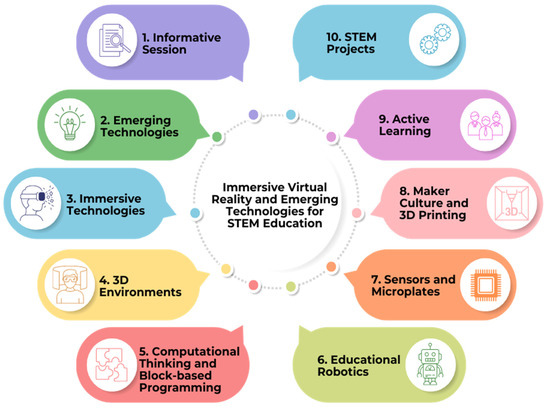Orchestrating STEM Success Effective Education Management

Orchestrating STEM Success: Effective Education Management
In the dynamic realm of STEM education, success is often linked to effective management strategies. Navigating the complexities of science, technology, engineering, and mathematics requires a thoughtful approach that goes beyond traditional educational norms. Let’s explore the key facets of orchestrating success in STEM through efficient education management.
Strategic Leadership in STEM Education: Key Management Insights
At the heart of successful STEM education lies strategic leadership. It involves crafting a vision that aligns with the rapidly evolving landscape of STEM disciplines. Effective managers in STEM education must be forward-thinking, anticipating trends and preparing students for the challenges and opportunities that lie ahead. Strategic leadership sets the stage for a holistic educational experience, where students not only grasp theoretical knowledge but also understand its practical applications.
Navigating Excellence: Efficient STEM Education Management
Efficient STEM education management is akin to charting a course toward excellence. It involves optimizing resources, streamlining processes, and fostering an environment conducive to learning. From designing curriculum structures that encourage exploration to implementing efficient administrative systems, effective management ensures that the educational journey is smooth, enriching, and impactful.
Mastering STEM Learning: Proactive Educational Management
Proactive educational management is the cornerstone of mastering STEM learning. This approach involves staying ahead of the curve, continuously refining teaching methodologies, and integrating cutting-edge technologies. Managers must proactively identify gaps in the educational process, addressing them promptly to enhance the overall learning experience. By anticipating challenges and adapting swiftly, educational managers contribute significantly to the mastery of STEM subjects.
Transformative Management: Pioneering STEM Education Strategies
STEM education demands a transformative management style that pioneers innovative strategies. This goes beyond traditional teaching methods, embracing experiential learning, collaborative projects, and real-world applications. Managers in STEM education must encourage a culture of experimentation and exploration, allowing both students and educators to push the boundaries of conventional knowledge.
Leading the Way: Dynamic STEM Education Management Approaches
Dynamic STEM education management requires adaptability and agility. As the STEM landscape evolves, effective managers lead the way by embracing change and fostering a culture of continuous improvement. This approach involves staying informed about the latest developments in STEM fields, adjusting curriculum as needed, and providing professional development opportunities for educators to stay at the forefront of their respective disciplines.
STEM Success Stories: Effective Educational Leadership
Behind every STEM success story, there is effective educational leadership. Managers play a crucial role in creating an environment where success stories can flourish. This involves recognizing and celebrating achievements, whether they be groundbreaking student projects, innovative teaching methodologies, or collaborations with industry partners. Effective educational leaders in STEM understand the importance of cultivating a culture where success is acknowledged and shared.
Innovate, Educate, Manage: A Guide to STEM Excellence
Innovation, education, and management are intertwined elements that shape STEM excellence. The effective manager in STEM is a guide, steering the educational institution toward a future where innovation is the norm. This involves fostering a spirit of curiosity, providing resources for experimentation, and ensuring that educational practices are aligned





